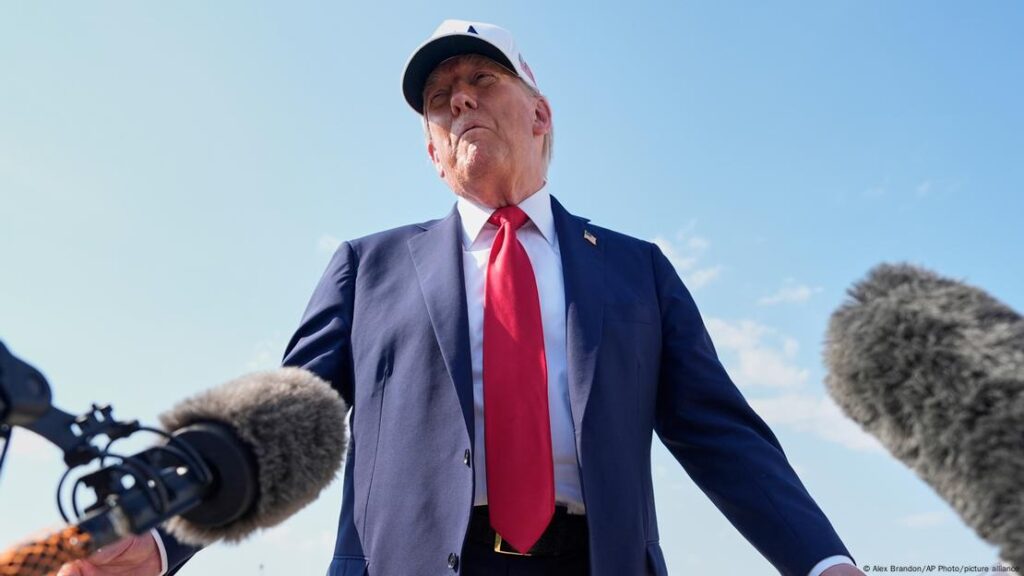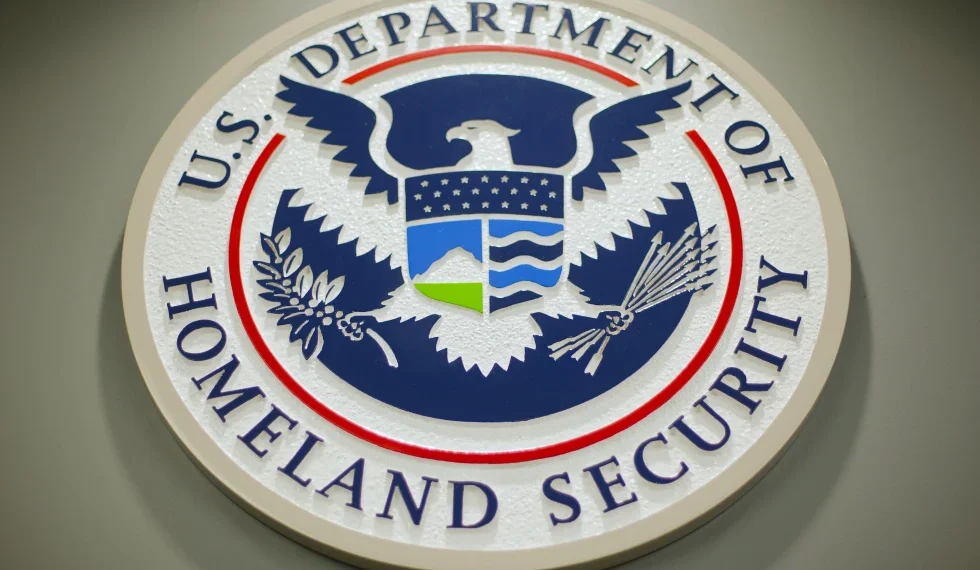The United States has quietly transferred five immigrants, described by officials as “barbaric” criminals, to Eswatini under an expanded version of the Trump administration’s covert third-country deportation program.
The Department of Homeland Security announced that the immigrants, originating from Vietnam, Jamaica, Cuba, Yemen, and Laos, arrived on a U.S. deportation flight bound for the small African nation.
The Homeland Security Assistant Secretary Tricia McLaughlin said these individuals were “convicted criminals” whose home countries “refused to take them back,” accusing them of “terrorizing American communities”. She added that they were “off of American soil”. Their crimes reportedly include murder and child rape, and one was identified as a confirmed gang member. McLaughlin’s post featured mugshots and details of their convictions, although their identities remain undisclosed.
This move follows the deportation of eight other men to South Sudan, after a Supreme Court order lifted restrictions on sending undocumented immigrants to countries where they have no ties. South Sudan’s government has not disclosed the current location of those deportees, who were transferred nearly two weeks ago.
Eswatini Receives Prisoners
The Eswatini government acknowledged the arrival of the five men, referring to them as “prisoners” and “inmates” held in isolated units at unnamed correctional facilities. Officials stressed that the men are in transit and will eventually be sent to their home countries. They committed to working with the UN migration agency to facilitate the process, ensuring “due process and respect for human rights”, though no timeline was provided.
The countries of origin, Vietnam, Jamaica, Cuba, Yemen, and Laos, have long resisted repatriation demands from the U.S., often refusing to take back citizens removed from American soil. This has posed a persistent challenge for immigration enforcement. By sending them to third-party nations, the Trump administration bypasses these diplomatic hurdles.
Eswatini, formerly Swaziland, has a population of about 1.2 million and remains Africa’s last absolute monarchy under King Mswati III. Political dissent is stifled under his rule. In 2021, pro-democracy protests were met with lethal force, and activists have accused the government of assassinations and imprisonments.
The Trump administration appears to be angling for additional agreements with African nations to accommodate more deportees. During a recent White House summit with five West African leaders, the issue of migration featured prominently, though not all invited countries were present. Notably, Nigeria publicly rejected U.S. pressure to accept third-country deportees, asserting its refusal to participate.

In Latin America, the U.S. has already deported hundreds of Venezuelans and others to Costa Rica, El Salvador, and Panama. But Washington is largely turning to Africa, where it hopes to forge new deportation partnerships. Rwanda has reportedly entered talks with the U.S. on a similar agreement.
However, the controversial move raises concerns. The eight individuals already sent to South Sudan were housed at a U.S. base in Djibouti before their transfer—a step shrouded in legal ambiguity. South Sudanese authorities have not clarified the terms of their agreement with Washington, prompting a local human rights leader to declare that the country is “not a dumping ground for criminals.”
Observers suggest that some African nations may agree to host deportees in exchange for favorable trade terms, increased aid, or enhanced visa arrangements. Eswatini defended its decision, stating that the arrangement posed “no security threat” and followed “months of robust high‑level engagements between the US Government & Eswatini.”
As this program unfolds, international human rights groups and governments will be watching closely. The rise of hidden deportation lanes raises pressing questions about sovereignty, transparency, and the treatment of vulnerable individuals caught between shifting global policies.
READ ALSO: Producer Price Inflation Crashes to 5.9% – Lowest Level in Over a Year























